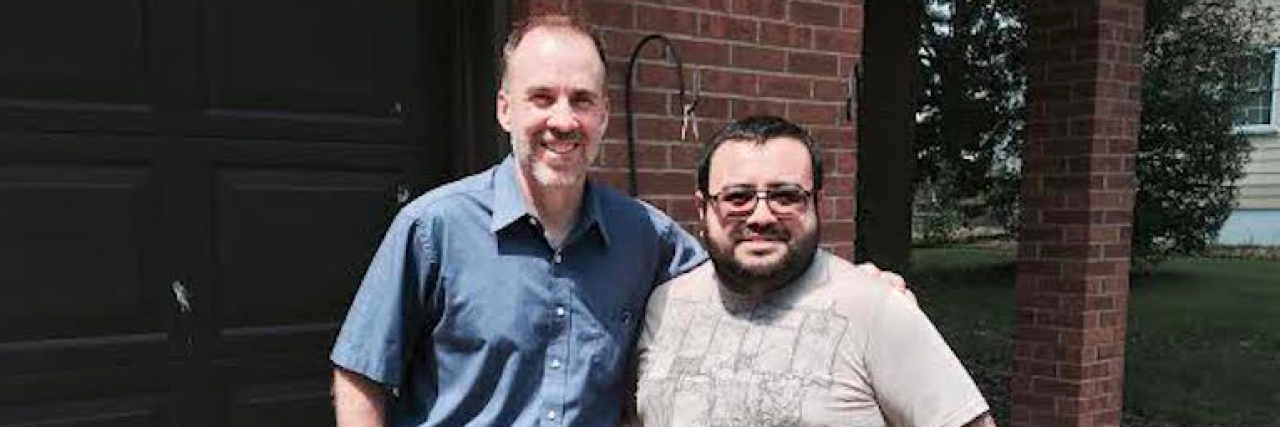I met Jim a little over 10 years ago as I sat in a small Methodist church in rural Illinois. I was attending college in that town at the time, and I had recently been diagnosed with a mental illness. I was 22 years old. During the end of a methodist service, the pastor asked the congregation to “lift up” prayer requests out loud. I had a prayer. I mumbled, “God help me not to kill myself today. Amen.”
• What is Bipolar disorder?
A week later, Jim showed up at my parents’ house and asked me if I wanted to go out for coffee. I agreed. I disclosed to Jim that day about my recent diagnosis of a life-long chronic mental illness, my recent hospitalizations for suicide attempts and the loss of a significant romantic relationship. He listened, I shared and we drank coffee and suffered together. Jim encouraged me to hope that it wasn’t too late — that there was still time to be surprised by life and joy. I didn’t know it then, but Jim was a licensed clinical psychologist. He was also a professor at the college I had been attending. Jim had been moved years earlier by friendships of those in his personal life who experienced mental illness and wanted to use the Christian faith and its traditions of hospitality to reach out to strangers and those with mental illness. He wanted to reach out to me, and I happily accepted. Our friendship began, and has now lasted for more than 10 years.
Throughout the years, our journey has been filled with coffee shops, Mexican food and sharing life together. We meet regularly. Sometimes those meetings are joyous, sometimes serious, but always in truth and love. Jim visited me in the hospital and sat with my family in emergency rooms over the years after suicide attempts. He laughed with me and hurt and empathized with me. He encouraged me to keep fighting for my life and to share my story, so others would be inspired to right for their own.
Early in our friendship, I saw Jim more as a mentor than a friend, but that has changed. He considers me an equal even though my education credentials don’t match his own. We journey through the life of mental health and faith recovery together. A quote in Craig Rennebohm’s book, “Souls In The Hands Of a Tender God,” that resonates with me is, “The soul thrives not in isolation, but in community.” I believe we are souls, and Jim has seen my soul. Before he had seen very much of it, he thought my soul was worth investing his time, energy and his soul in.
Now, I am 33 years old, living in St. Louis, Missouri, living with bipolar disorder type 1. I am engaged to be married, expecting a child, volunteering with mental health organizations, writing and living in recovery. What does recovery mean to me? Recovery is simply walking the journey of health — mental, spiritual or physical — with others. I believe people were created to need other people, and I’m doing my best to manage self-care, set boundaries and ask for help when I need it. Recovery is a process, not a place you arrive. Jim is still very much part of my recovery journey. Now, he works as independent mental health consultant, psychologist and volunteer Executive Director of Pathways to Promise, an organization that puts faith in mental health recovery.
I want to share the story of my friendship with Jim in hopes it would inspire others to bravely share their stories and struggles with their communities, friends, family and even strangers. You never know when your story can transform lives — yours and others. In doing so, I believe the power of stigma around mental illness is weakened, and maybe even destroyed. Your story is unique, but you are not alone. There are many people in the world out there like Jim who are good, gracious, compassionate and who will be there for you even in your darkest moments.
I am Dave Wise. I live with a mental illness. That does not define me, but allows me the opportunity to share life with others through story, community and beauty.
Image via contributor

